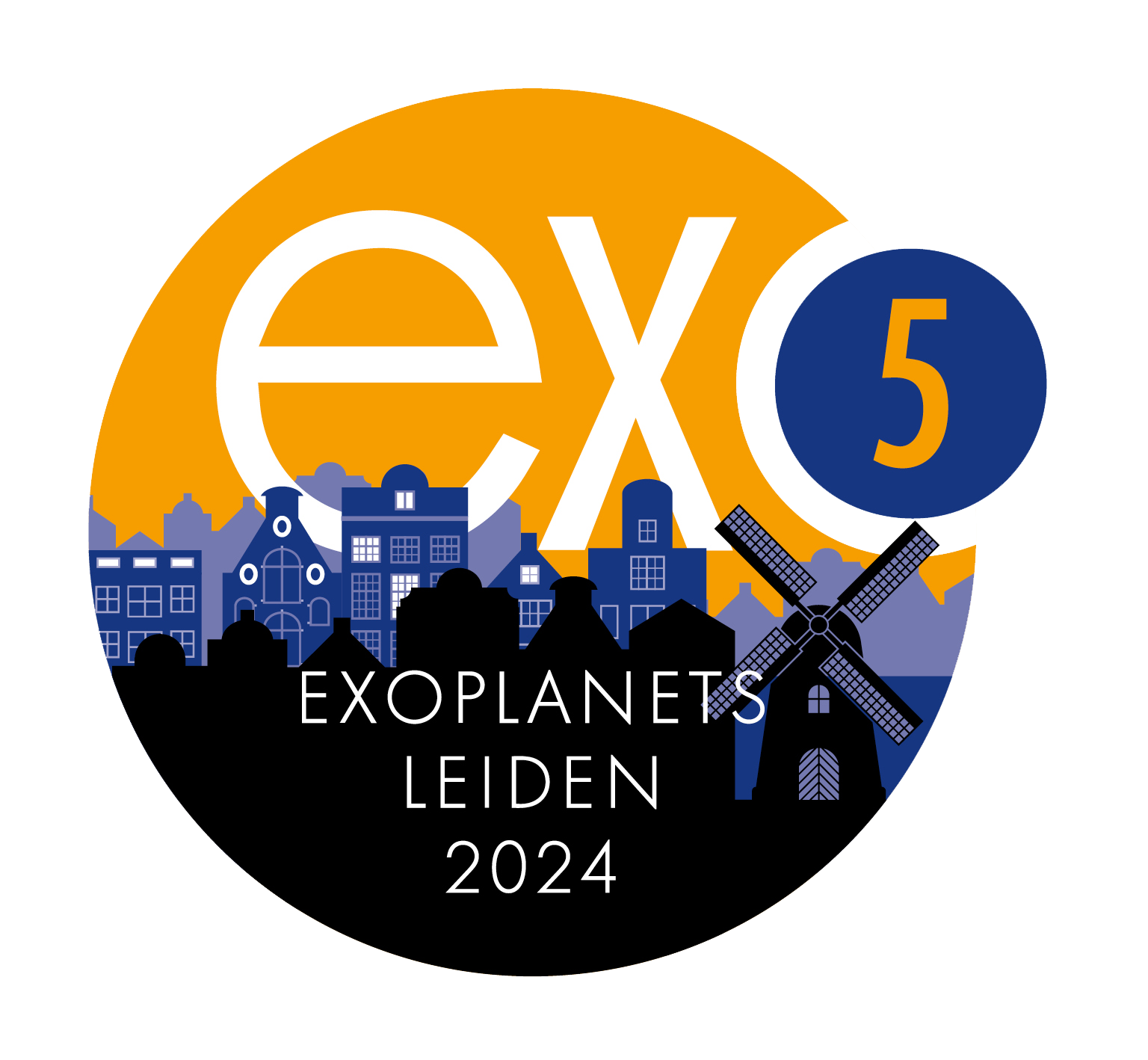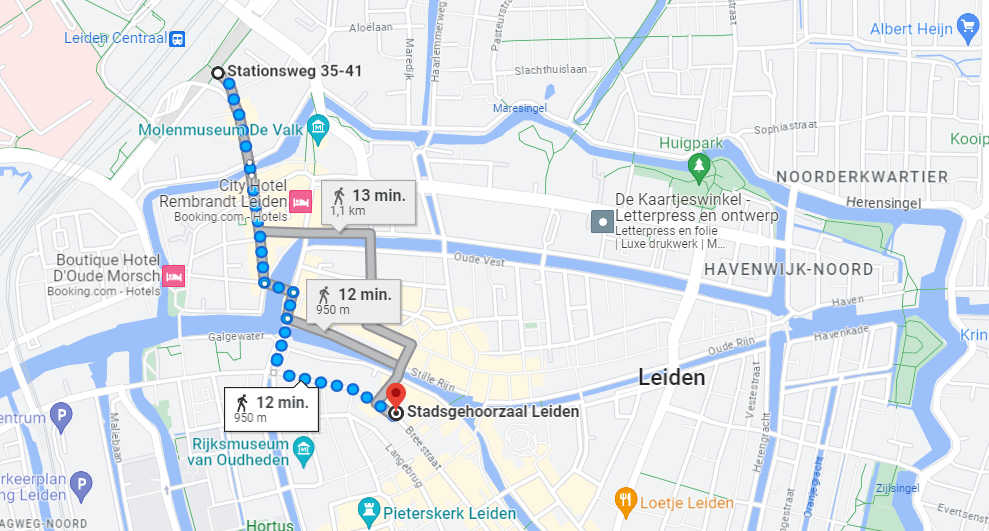PUBLIC TALK
Exoplanets and the search for life in the Universe
Prof. Didier Queloz, Nobel Prize winner
Wednesday 19 June 2024, 20.00 – 21.00 hrs.
Stadsgehoorzaal, Leiden
The many planetary systems detected orbiting other stars -exoplanets- have radically changed our perspective on our place in the Universe. This creates an opportunity of historical perspectives and an irresistible call to search for signs of life on these new worlds to explore our own origins.
Nobel Prize winner Prof Didier Queloz will share recent advances in this exciting area of research with the audience in this captivating one-hour presentation.
Designed for non-scientists, the talk in English is offered free of charge by the Leiden Observatory of University Leiden. Interested individuals are warmly invited to attend. Join us from 19.30 for coffee or tea, with the presentation taking place from 20.00 to 21.00. Secure your free ticket in advance to guarantee your spot.
If you find yourself unable to attend after reserving a seat, please let us know by email as soon as possible so that your seats can be made available to other interested individuals.
The Stadsgehoorzaal is centrally located, and it’s within walking distance from Leiden Central Station.
Address
Breestraat 60
2311 CS Leiden
The Netherlands
Click on the map for the route from Leiden Central Station to the Stadsgehoorzaal.
About Prof. Didier Queloz
Prof. Didier Queloz, FRS, is  Jacksonian Professor of Natural Philosophy at Cambridge Cavendish Laboratory and part-time professor of physics at ETH- Zurich.
Jacksonian Professor of Natural Philosophy at Cambridge Cavendish Laboratory and part-time professor of physics at ETH- Zurich.
He is at the origin of the ‘exoplanet revolution’ in astrophysics when in 1995 during his PhD with his supervisor they announced the first discovery of a giant planet orbiting another star, outside the solar system. They received the 2019 Nobel Prize in Physics for this spectacular discovery that kick-started the rise of exoplanet research.
 Didier Queloz receiving his Nobel Prize from H.M. King Carl XVI Gustaf of Sweden at Konserthuset Stockholm on 10 December 2019
Didier Queloz receiving his Nobel Prize from H.M. King Carl XVI Gustaf of Sweden at Konserthuset Stockholm on 10 December 2019
Photo: Alexander Mahmo | photo gallery nobelprize.org
Over the next 25 years, Didier Queloz scientific contributions have been to make progress in detection and measurement of exoplanet systems with the goal to retrieve information on their physical structure to better understand their formation and evolution and to compare with our Solar System. He participated and conducted various programs leading to the detection of hundred planets, include many breakthrough results.
More recently, his activity has focused on the detection of Earth like planets, establishing a comprehensive research program with the goal of making further progress in our understanding of habitability of exoplanets and life in the Universe. He is the founding director of the Leverhulme Centre for Life in the Universe hosted by Cambridge University and more recently the ETHZ Centre for Origin and Prevalence of Life. In addition to his research and teaching activities, he participates to numerous documentaries movies, articles TV and radio interviews to share excitement and to promote interest for science in general and particularly topics about exoplanets and life in the Universe.

